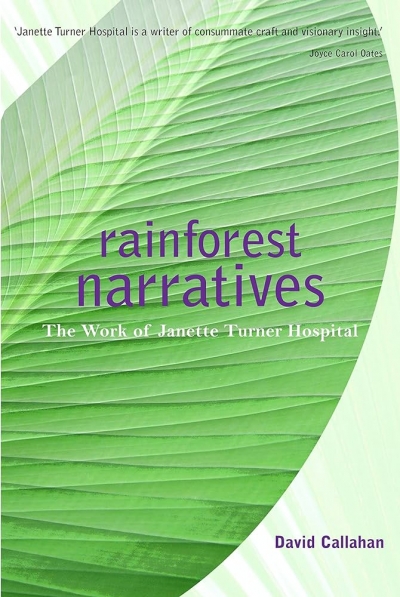David Callahan
Brian Castro's Fiction: The seductive play of language by Bernadette Brennan
Dear Editor,
In responding to Peter Craven’s broad-brush review of the Macquarie PEN Anthology of Australian Literature in last month’s ABR, which I suppose you ran for the sake of controversy, let me touch on the wider debate about what’s in the book, and why.
In compiling such an anthology, where you obviously can’t have everything, a principle of metonymy comes into play, in which the one is asked to stand for the many. In the Macquarie PEN, this is a principle of inclusion, not exclusion. Where space permits no more, authors are indicated by association or citation, making the whole greater, we hope, than the sum of the parts, more open and many-layered, as anyone will discover who reads the essays and author introductions in the book. Thus Gerald Murnane’s fiction is implied by a superb piece of non-fiction, ‘Why I Write What I Write’, showing him at his best. The only other answer to why the editors did not choose this particular work is that they chose that one, after careful consideration not only of the work itself but of its interaction with other works in the collection. Nothing’s perfect, of course. If readers have suggestions or corrections, we’d be grateful to hear them. See the feedback link on the home page of the anthology website: www.macquariepenanthology.com.au.
... (read more)Rainforest Narratives: The Work of Janette Turner Hospital by David Callahan
DIAMETRIC OPPOSITES
Dear Editor,
I concur with Daniel Thomas’s high opinion of the collection of Eva and Marc Besen and of their TarraWarra Museum, and share his admiration of the essays by Christopher Heathcote and Sarah Thomas in his review of Encounters with Australian Modern Art (February 2009).
...

